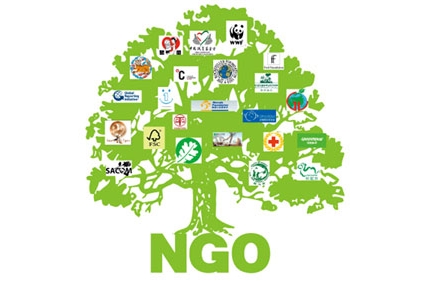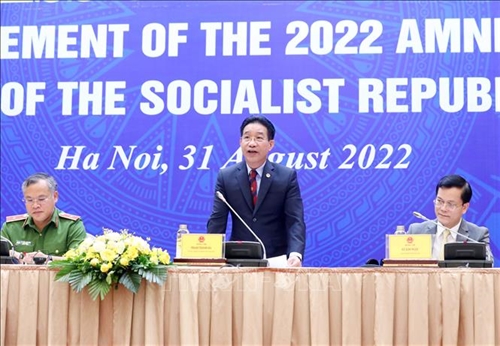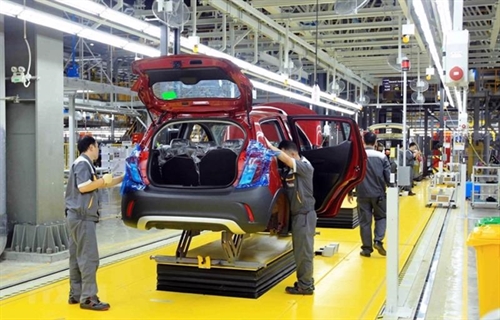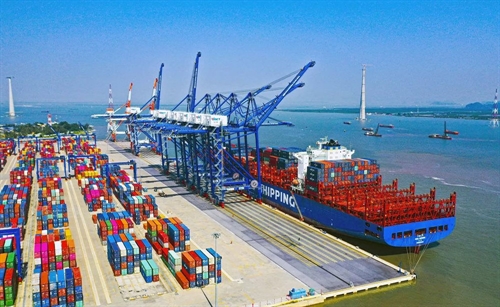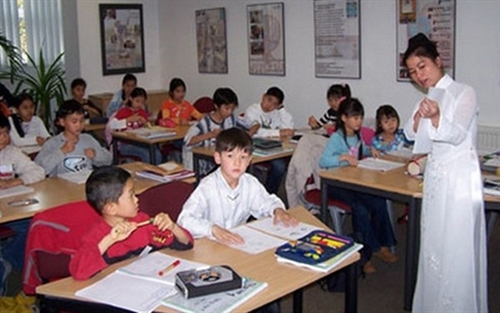Vietnam will strive to reduce methane emissions by at least 30 percent by 2030 compared to the 2020 level.
This is the prime target set by the Prime Minister in Decision 942/QD-TTg, which approves the action plan on reduction of methane emissions through 2030.
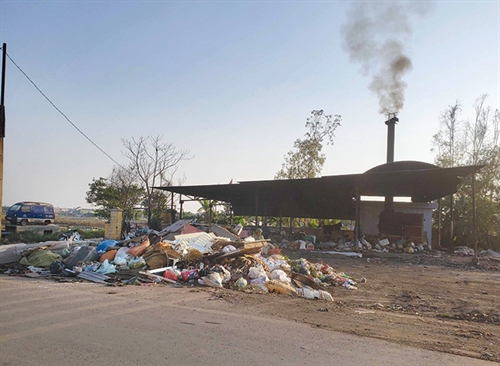 |
| A waste incinerator in the countryside__Photo: VNA |
Accordingly, the nation will strive to cut methane emissions in cultivation, animal husbandry, solid waste management, wastewater treatment, oil and gas exploitation, coal mining and fossil fuel consumption.
By 2025, the total methane emissions volume will not exceed 96.4 million tons of CO2 equivalent (CO2e), a decrease of 13.34 percent compared to the figure in 2020.
Specifically, methane emissions in cultivation will be kept below 42.2 million tons of CO2e, 16.8 million tons in animal husbandry, 21.9 million tons in solid waste management and wastewater treatment, 10.6 million tons in oil and gas exploitation, 3.5 million tons in coal mining, and 1.3 million tons in fossil fuel consumption.
To fulfill the targets, the Government requests the intensified application of such measures as applying advanced cultivation techniques and ending the burning of agricultural wastes and byproducts, and improving mechanisms and policies for facilitating the implementation of these measures.
At the same time, science and technologies will be applied for digital transformation in the monitoring and supervision of methane emissions and use in cultivation, animal husbandry, solid waste management and wastewater treatment, coal mining, oil and gas exploitation and processing, and fossil fuel consumption.
It is also required to take advantage of bilateral and multilateral cooperation to mobilize resources for implementation of this plan.
Other tasks are to intensify information dissemination and education and improve public awareness about benefits of methane emissions reduction.
In light of this, there will be communications plans launched to change consumer behaviors, promote green production and encourage enterprises and the community to use more recyclable and reusable wastes.
Meanwhile, organic farm produce and fertilizers as well as recycled and reused products that lead to lower methane emissions will be labeled and available for origin tracing so as to increase their market value, competiveness and accessibility.- (VLLF)
